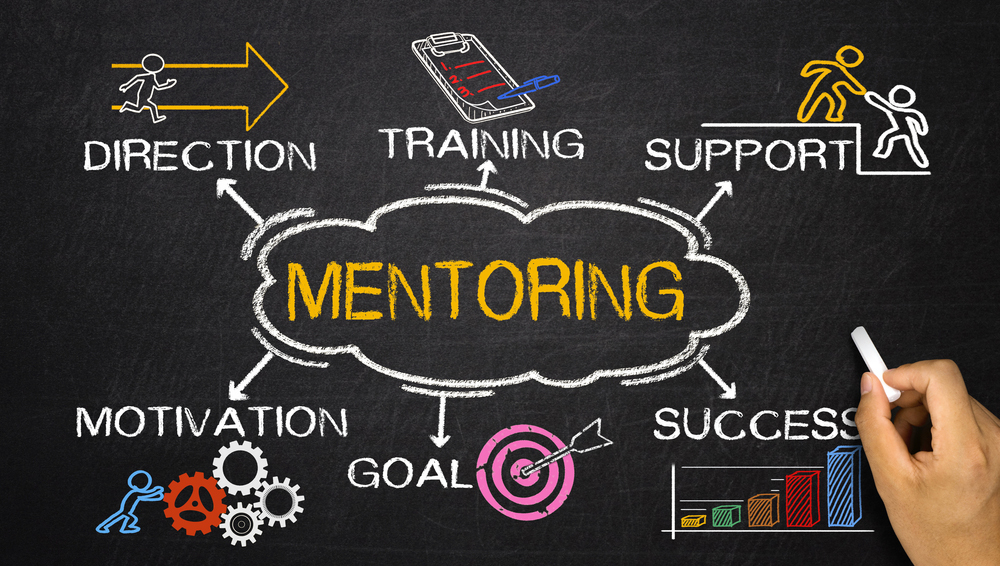Q. What is the best way to identify effective mentors, and how do you know who will be right for the job?
A. Ask for volunteers, says Jackie Glenn, a “cultural architect” and author of a new book, Lift as I Climb: An Immigrant Girl’s Journey Through Corporate America.
To be an effective mentor, employees must genuinely be interested in mentoring. If, on the other hand, an employee agrees to be a mentor for the “wrong reasons,” such as to please his or her boss or simply to strengthen his or her résumé, the employee is not likely to be as dedicated to the endeavor. The person “has to really want to do it” and be “up for the challenge of being a good mentor and an advocate,” she says. “Don’t tell someone they’ve got to be a mentor.”
Of course, just because an employee volunteers to be a mentor does not automatically mean he or she will make a good one. Glenn advises employers to screen for certain qualifications and attributes, including expertise, strong collaboration skills, “dedication to the company mission and vision,” and “a high likeability factor.” Do not select mentors who are “disgruntled and just there to collect a paycheck.”
Glenn says it is important to take the time to identify individuals who will make good mentors. “The people that they’re mentoring are the future leaders of the company.”
She recommends providing mentors and mentees with guidance and support throughout the mentoring relationship. For example, set expectations up front so both mentors and mentees understand their roles. “That is critical, because we assume that when we put mentors in that role, they know what to do.” However, she says that is not always the case.
Regular check-ins are essential to ensure a good match between mentor and mentee, Glenn explains. Check-ins also offer opportunities to give additional guidance and support, determine what is working (and what’s not working), and make any necessary adjustments.
Organizations must be able to objectively measure whether their mentoring program helps them achieve their business and learning goals. Attend the Workforce L&D session, “Measuring Mentorship Program Success: How to Ensure That Your Program Aligns with Business and Leadership Development Goals,” where Guy Lambert, of Mentorloop, will examine how companies can evaluate the ways in which their mentoring program(s) could be improved to ensure that learning goals are really being reached. Workforce L&D will be taking place during the larger HR World event in Nashville, Tennessee, on November 14-15, 2019. Click here to learn more or to register today.


